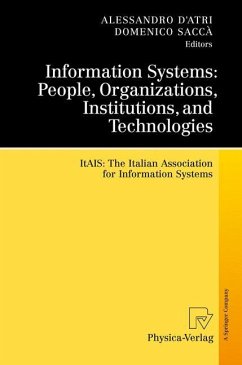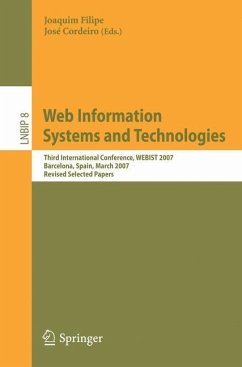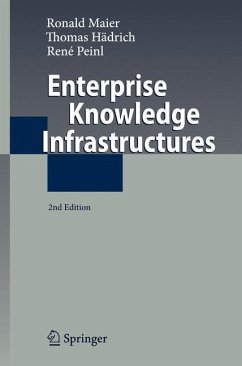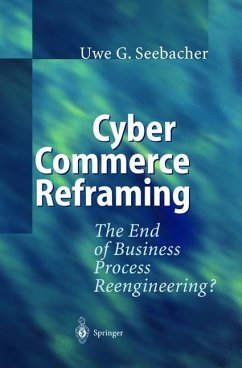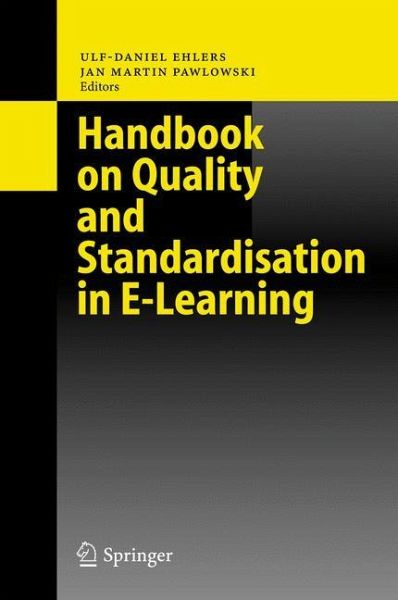
Handbook on Quality and Standardisation in E-Learning
Versandkostenfrei!
Versandfertig in 6-10 Tagen
151,99 €
inkl. MwSt.

PAYBACK Punkte
76 °P sammeln!
Quality and standardisation in e-learning have become crucial success factors for organisations in learning, education and training: E-Learning has changed from an 'early adopter' stage to an integrated part of learning scenarios leading to major changes in educational organisations towards quality orientation.For building a knowledge society, it is critically important to thoroughly understand quality and standards in e-learning. The handbook provides a cross-national perspective on these issues and draws a clear picture of the situation in quality development and standardisation. It covers t...
Quality and standardisation in e-learning have become crucial success factors for organisations in learning, education and training: E-Learning has changed from an 'early adopter' stage to an integrated part of learning scenarios leading to major changes in educational organisations towards quality orientation.
For building a knowledge society, it is critically important to thoroughly understand quality and standards in e-learning. The handbook provides a cross-national perspective on these issues and draws a clear picture of the situation in quality development and standardisation. It covers topics of a rather foundational nature in quality and standardisation research as well as descriptions of quality approaches, instruments, standards, experiences and best practices. The Handbook is directed to learners, professionals, researchers and policy makers - people creating the next generation of learning.
For building a knowledge society, it is critically important to thoroughly understand quality and standards in e-learning. The handbook provides a cross-national perspective on these issues and draws a clear picture of the situation in quality development and standardisation. It covers topics of a rather foundational nature in quality and standardisation research as well as descriptions of quality approaches, instruments, standards, experiences and best practices. The Handbook is directed to learners, professionals, researchers and policy makers - people creating the next generation of learning.










